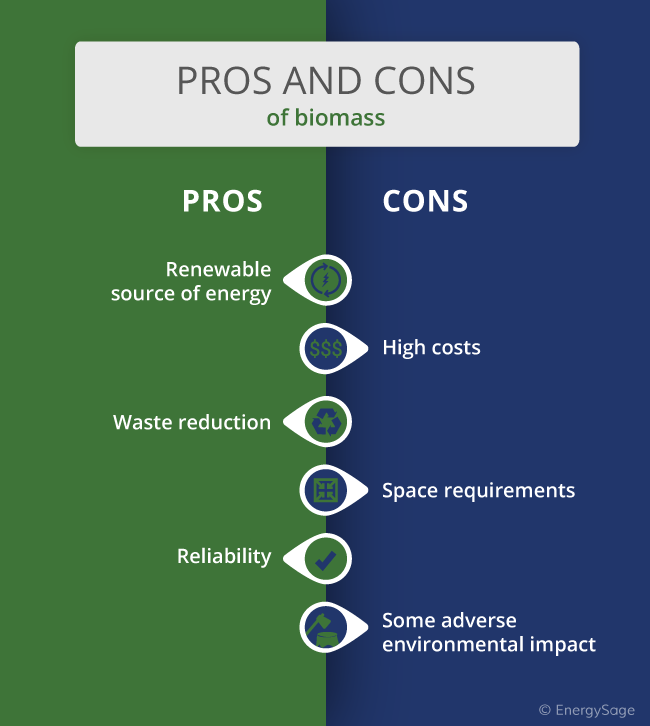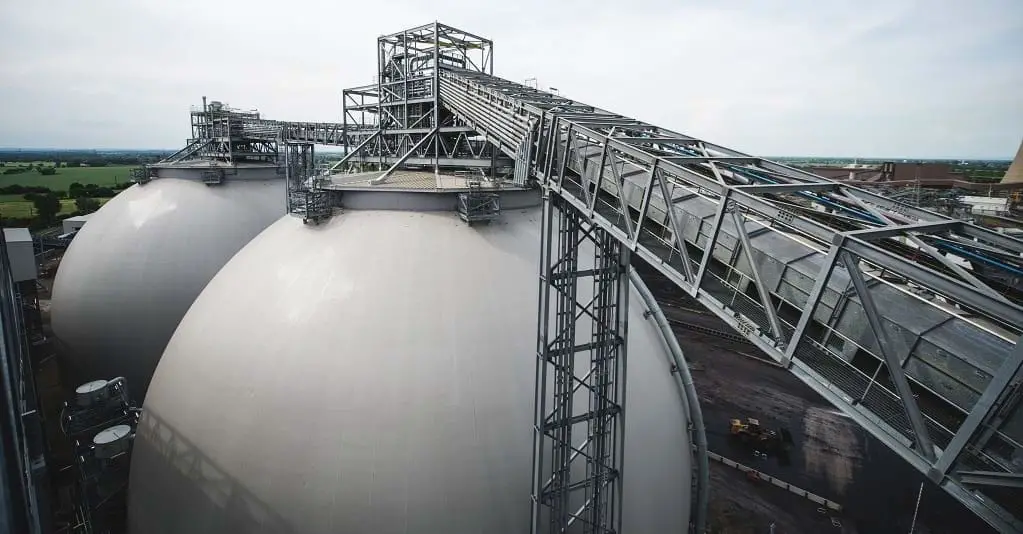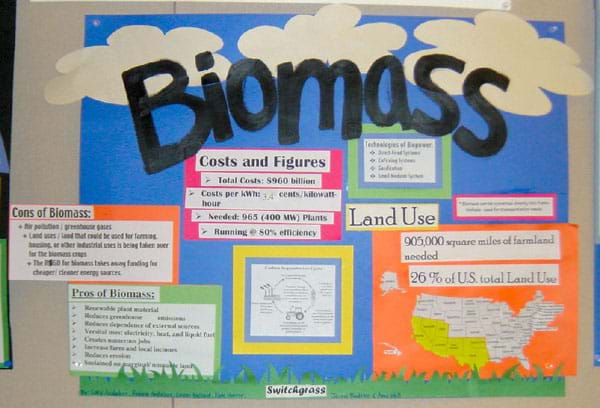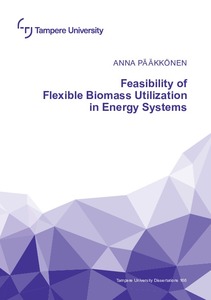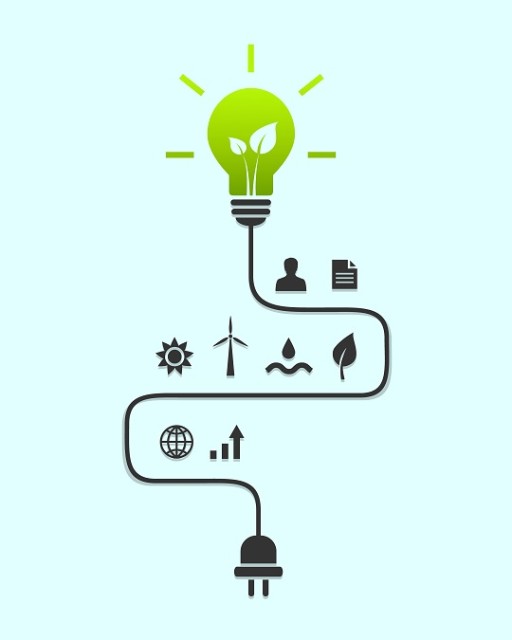Biomass energy cannot be compared with solar wind geothermal and tidal energy in terms of greenhouse gas emissions produced to generate this energy.
Biomass energy pros and cons pdf.
There are a range of biomass pros and cons and we are able to help you learn about these.
List of the pros of biomass energy.
A big advantage of biomass energy is that it generates power by using renewable assets which can come in the form of wood waste handled wood pellets tree buildup or urban waste.
There are five types of biomass energy that produced today.
We breakdown the pros and cons of biomass energy to get an understanding of how it works and its potential.
People use it all over the world for different purposes but what are the pros and cons of biomass energy.
List of pros of biomass energy.
Animals get this energy through eating the plants.
Before individuals can fully understand biomass pros and cons they should be familiar with what biomass really means.
In this article we ll address the different advantages and disadvantages of using biomass over other energy sources.
Here we profile the various pros and cons of the power source.
Plants convert energy from the sun into chemical energy through a process called photosynthesis.
Biomass energy is a renewable energy source but is it clean enough to power our future.
Here are some of the key points to consider.
As the availability of biomass sources such as dead plants manure and garbage may not diminish compared to finite fossil fuel the alternative source of energy is considered renewable.
In a world that s increasingly concerned about climate change its over dependency on fossil fuels and reducing its carbon footprint it makes sense to explore other cleaner.
Pros of biomass 1.
Biomass is defined as organic material that resulted from plants and animals.
The primary component defining this organic material is carbon.
However biomass energy has more pros than cons which makes it an alternative energy source that can successfully replace the dirty fossil fuels such as coal oil and natural gas for a cleaner.
Biomass energy involves the consumption of organic matter for the purposes of energy production.
Biomass is energy derived from plants and animals organic matter.
Dead plants garbage and.
When this component is combined with nitrogen hydrogen and oxygen an alternative source of power.
Let us take a look at the pros and cons of this particular type of energy.
And its pros and cons versus biogas for energy by biogasman on november 13 2019 in news we answer the question what is pyrolysis first with a definition and then consider the pros and cons of pyrolysis technology versus anaerobic digestion and biogas production for energy from biomass.
Biomass pros and cons.
Decomposed trees leaves crops and animal waste are a great source of biomass fuel.

